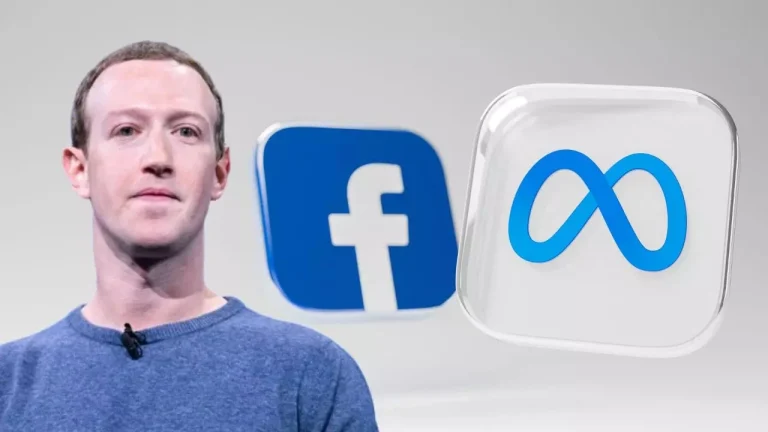Meta has triumphed in court by successfully defending its child safety measures against a shareholder lawsuit alleging misleading disclosures.
A U.S. federal judge dismissed a lawsuit claiming that Meta Platforms and CEO Mark Zuckerberg misled shareholders about the company’s efforts to protect children on Facebook and Instagram.
U.S. District Judge Charles Breyer, based in San Francisco, ruled on Tuesday that the plaintiff, Matt Eisner, failed to prove any economic losses stemming from Meta’s purportedly insufficient disclosures.
Judge Breyer concluded that federal securities law does not require Meta to disclose the prevalence of sexually explicit content or child exploitation on its platforms, nor to enumerate all child protection strategies it chose not to implement.
“In essence, Eisner would have had Meta argue against its own recommendations, tout the benefits of tools it ultimately rejected, highlight its own failures, and devalue its own successes,” Breyer noted. “That is not necessary.”
Eisner’s legal team did not respond to requests for comment, and neither did representatives for Meta and Zuckerberg.
The lawsuit sought to block Meta’s 2024 annual meeting until the proxy statement was revised, aimed to invalidate election results if the meeting proceeded, and demanded that Meta and Zuckerberg cover Eisner’s legal fees.
In June, Judge Breyer had previously declined to postpone the meeting, stating that many of Meta’s assurances regarding children’s safety in the proxy statement were merely “aspirational” and did not support the lawsuit’s claims.
The dismissal of this case was with prejudice, meaning Eisner cannot re-file the lawsuit against Meta and Zuckerberg.
However, Meta continues to face significant legal challenges, including lawsuits from several state attorneys general accusing the company of creating addictive platforms for children while downplaying the associated risks.
Additionally, hundreds of lawsuits have been filed by children, parents, and school districts concerning social media addiction, echoing similar actions against other popular apps like TikTok and Snapchat.

